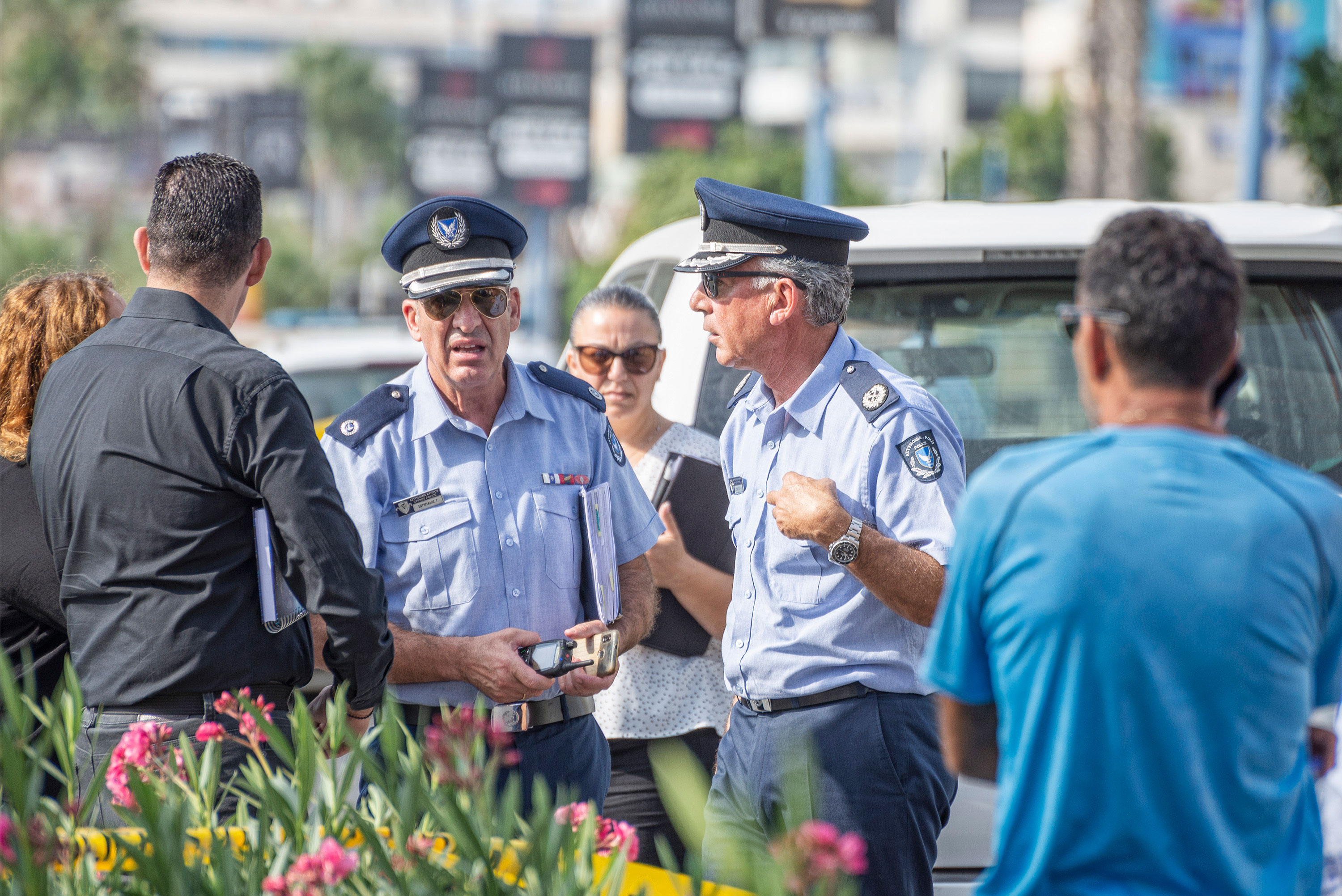Two prominent figures of the island’s organised crime were shot dead in less than 48 hours, the first in Limassol parking lot on Monday morning and the second in his Nicosia apartment on Tuesday evening. Both murders were described by the press as the settling of scores and reported police fears that this could lead to a new bout of bloodshed involving criminal gangs. The murder victims were at the top of the police list of dangerous individuals, it was reported.
Speculation about the murders was rife, mostly based on information given unofficially by the police. We heard that nobody knew whether the settling of scores was over, whether revenge killings would follow and whether the same person had ordered the hits, which were said to have been carried out ‘very professionally’. One newspaper reported that this may have been a battle for control of Nicosia nightlife, implying that at least one of the murder victims had control. Another paper reported the arrival of a ‘new player’ on the crime scene, wanting to muscle in on the ‘business activities’ of the murdered men.
Nobody expects the police to release any information about ongoing investigations into serious crimes, although a picture – taken from CCTV in the area of the Limassol shooting – of two men on a motorbike has been released with police seeking information from the public. The two were allegedly suspects in the shooting of 55-year-old Thanasis Kalogeropoulos. The recordings of the CCTV cameras in the apartment of the Nicosia victim, 45-year old Alexis Mavromichalis (aka Alexoui) were being looked at by the police.
What was particularly worrying about the murders was the information from the police that made its way into the press. Philelefteros reported on Thursday that “the authorities were now working on the level of warning criminal elements not to open a new bout of bloodshed, while at the same time stepping up the surveillance of individuals with a past.” Are police in contact with criminal elements and issuing warnings to them?
According to the same paper, Chief of Police Stelios Papatheodorou, “did not hide his concern about the fact that within 48 hours there was second murder.” He also told the paper, “We have no information of new bloodshed,” while adding that “the victim was known to the authorities, and in the past we had been given information about him, but recently, there had been no information whatsoever about action against him.”
This sounds rather bizarre. Are the police tipped off when a gangster has plans to murder a rival or are they warned when a crime gang war is about to break out? If they have such an effective network of informants, who tip them off about every move of the crime gangs, why is their record on cracking down on the criminals so abysmally poor? Both murder victims were known to the police and were allegedly involved in organised crime, but they were free men.
Since 2011, 16 men with links to organised crime have been shot dead and not a single case has been solved by the police. It is shocking that not even one of the killers has been found in these 12 years. Interestingly, one of 16 men gunned down was a guard outside the house of Mavromichalis, when it was the target of a rocket attack in February 2015. There is now a strong possibility that another two unsolved murders will be added to the list.
The question everyone is asking is why are the police incapable of cracking down on organised crime, in such a small country in which it is impossible to hide and very little stays secret? The fact that we live in a small country could be a mitigating circumstance. For example, it would be very easy for a crime boss to threaten to cause harm to the family of a police officer. It is also impossible to use insiders to testify against a crime boss, because Cyprus is far too small for the police to offer a reliable witness protection scheme. The possibility of police corruption cannot be ruled out either.
It would be wrong, however, to put all the blame for the failure to crack down on organised crime on the police force. Has there ever been a government with the political will and commitment to give its full backing to the police to wage a war on organised crime, which runs protection rackets, prostitution, drug trafficking, loan sharking and debt collection? The politicians are probably also afraid of taking on organised crime and do not push the police as much as they could while a dysfunctional justice system is fully exploited by the lawbreakers.
For decades, the authorities – not just the police – have turned a blind eye to organised crime, pretending it does not exist, because they are afraid to take it on. The state policy consists of the hope that the gangs would eventually wipe each other out, but this has not happened nor is it likely to happen any time soon.







Click here to change your cookie preferences